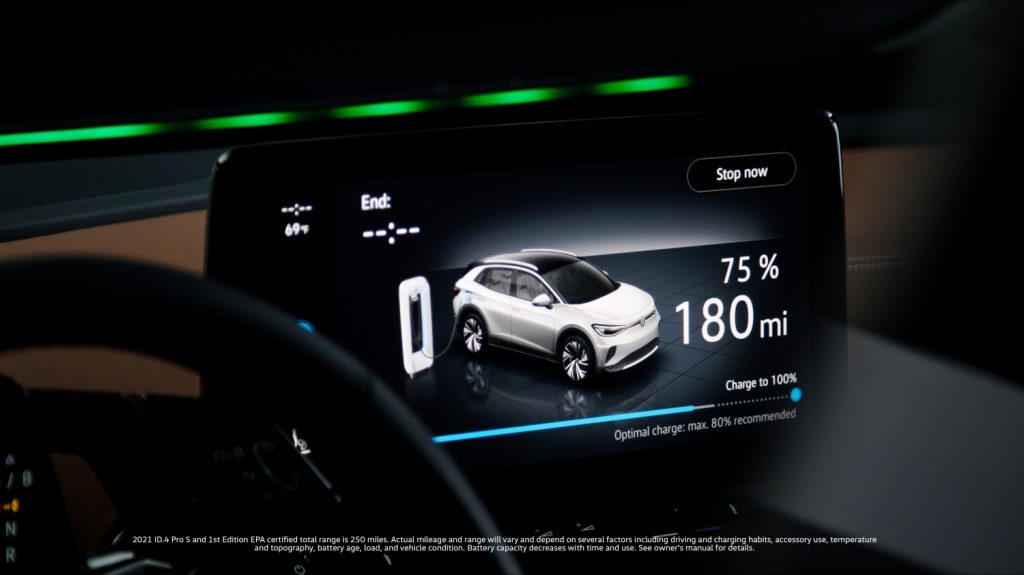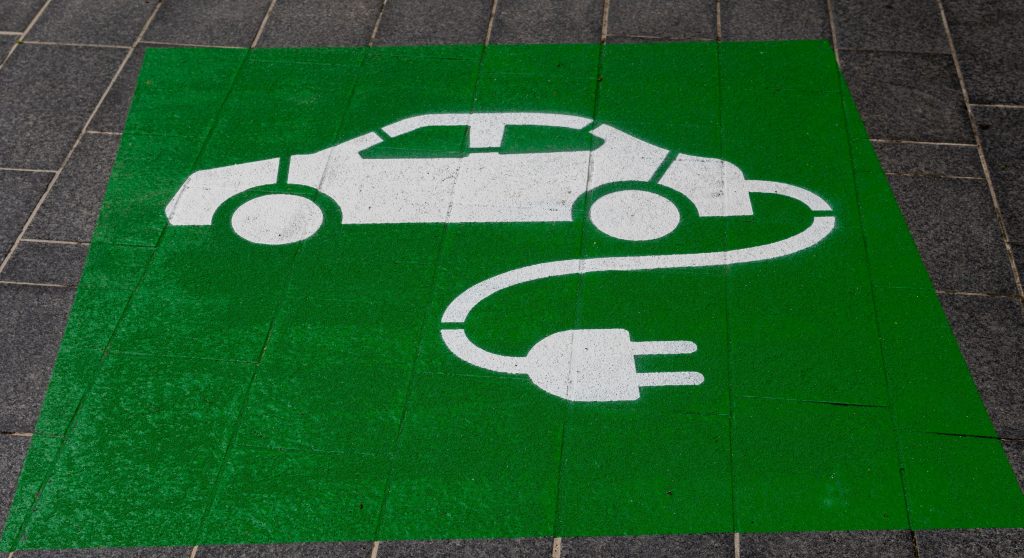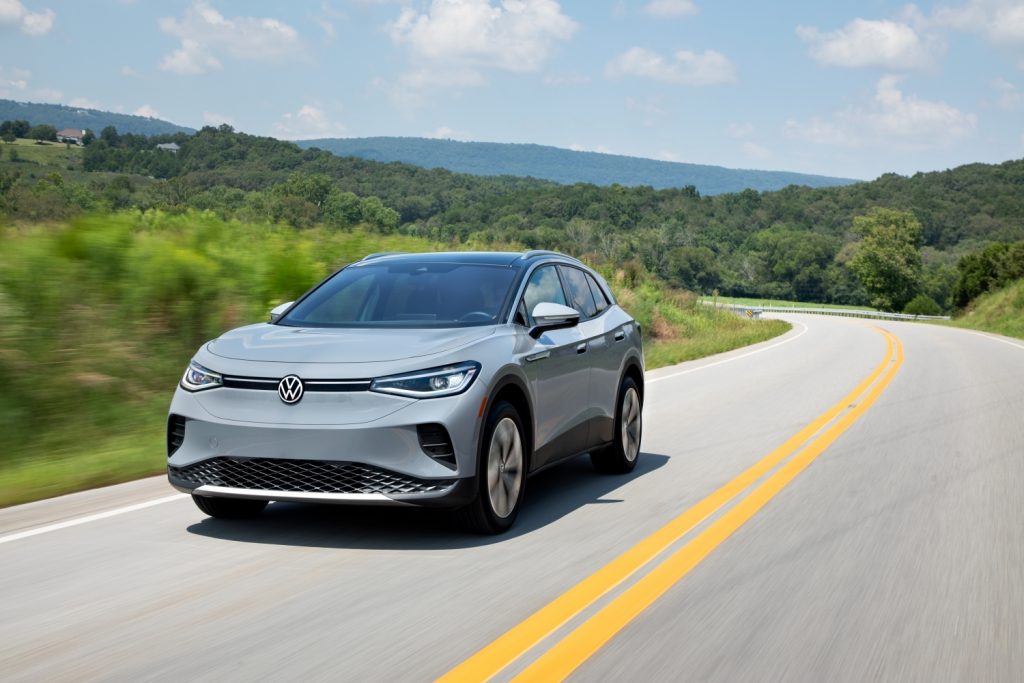Are you ready to buy, or at least start shopping, for your first electric vehicle (EV)? Besides the choices you need to make when purchasing any type of vehicle (e.g. cost, color), there are some special considerations you should make when weighing the advantages and disadvantages of electric vehicles.
But it’s okay. You’re in good company. Even in the past few years, EVs have made giant leaps forward in terms of capabilities and infrastructure. And consumers are responding to those positive trends by…well, consuming. In 2021, global EV sales increased an impressive 168% with 2.65 million vehicles purchased (according to https://www.ev-volumes.com/).
There are encouraging signs everywhere, but perhaps you’re still not sure if an EV is right for you. Are you afraid you’re just trading one set of problems for another? What, if anything, will you have to give up when you flip the switch? We’ve assembled several items to consider as you begin looking for your vehicle.
Range
At the top of the list of concerns for most potential EV owners is range. Modern EVs will typically drive at least 200 miles before requiring a charge, which is plenty for daily, local use. We recommend that number as the minimum threshold when shopping for your EV, but if you are considering using your vehicle for something more than commuting/errands, it is wise to look for even more range. Road warriors will be happy to see that several 2022 models priced between $40K-$100K are capable of driving 300+ miles between charges.

Charging, Home & Away
A consideration that goes hand-in-hand with EV range anxiety is availability of charging stations. Most EV buyers will automatically invest a few hundred dollars in a home charger to make sure their vehicle reaches its maximum charge overnight, but what about that weekend journey to your favorite city/winery/state park/ski resort, etc.? Will there be enough compatible high-speed chargers in your neighborhood, city, and state to make road trips a reasonable reality?
Popular apps such as PlugShare and ChargePoint can show you exactly where (and how many) charging stations there are on your favorite routes. You’ll be surprised. Many states already have respectable EV charging networks and others are soon to catch up, thanks to federal, state, and private industry investments.

Charge Time
EV charge times, while improving, still aren’t as speedy as your typical gas station fill-up. For trips, be prepared to spend at least 30-40 minutes waiting for your EV to charge while you grab a bite and stretch your legs. Regular home charging will take a few hours, but is typically done overnight during off-peak hours while you sleep.
Performance & Safety
When it comes to overall performance and safety, there’s good news for EV buyers.
Electric cars tend to accelerate faster and smoother than gas vehicles, but that’s just part of the story. Because of the unique, and more balanced, weight distribution of electrics, drivers enjoy a “rocket on rails” feel that imbues even larger vehicles with sports car-style handling.
Performance, along with features and general customer satisfaction, all factor into Consumer Reports 2021 Annual Auto Survey, which claims that 3 of the 5 “most satisfying cars on the market” are EVs. To see if electric delivers a charge to your driving experience, schedule a test drive at your preferred dealer.
However, for many drivers, safety trumps speed and sportiness. There’s something to get excited about in that regard, too. According to a 2021 report from the non-profit Insurance Institute for Highway Safety (IIHS), “Evidence is growing that electric vehicles are at least as safe as conventional ones….In addition, an updated analysis of insurance data shows injury claims are substantially less frequent for such vehicles.”

Rebates & Tax Credits
On the budget front, there’s no doubt that you’ve noticed EVs tend to cost more than their gas counterparts. However, if you’ve already found an electric car that is near or within your range, you might be able to shrink that purchase price with incentives offered by state and federal governments. Does the vehicle you’re buying qualify for a rebate or tax credit? The answer is maybe.
Nearly all pure electric vehicles qualify for a federal income tax credit, ranging from $3,000 to $7,500, depending on year/make/model. Visit the Department of Energy’s fuel economy information site to discover specific dollar amount tax credits for any vehicle.
State level incentives also exist and can amount to several thousand dollars, but eligibility is only available to buyers within a certain income range who have not previously taken advantage of the rebate. The best source for state-specific data on rebates and incentives is the Alternative Fuels Data Center, also run by the U.S. Department Of Energy.

Long Term Battery Life
While most buyers don’t give it much thought, you should ask your EV dealer how long your vehicle’s battery is guaranteed for and what the cost of battery replacement for your make/model is. EV batteries typically perform well for at least 200K miles, but you could see a degradation of battery retention, which equates to fewer miles driven between required charges, before then.
And while many drivers tend to change cars before the 200K mark, the cost of battery replacement alone is several thousand dollars. Lucky for you, that cost is at least partially offset by the lower cost of maintenance for EVs. In fact, U.S. Department Of Energy claims driving EVs could save you nearly $10K in maintenance vs. traditional gas vehicles over the lifetime of your car.
Product Delays
Do you have a lease ending? Planning on dropping off your old internal combustion engine vehicle and popping over to your local EV dealership to upgrade to electric?
Not so fast. Like many other industries, automakers have faced considerable supply-chain and manufacturing challenges during the pandemic. Additionally, more brands have started requiring pre-orders and a small down payment before they even begin building your EV. As a result, some dealers have a wait list of months, not weeks, before they can deliver your electric vehicle. To avoid this frustrating and inconvenient situation, research the model you’re interested in and confirm that you can take delivery at a time that suits your needs and schedule.
And Finally…
There are many factors to consider when purchasing an electric vehicle, and some legitimate drawbacks, but we believe most consumers will be encouraged by the significant advantages of switching to electric. For the majority of drivers, there’s never been an easier or more practical time to go from EV shopper to EV owner. In fact, with so many new model electric cars debuting this year, we are confident you’ll be plugging in soon!
Want to learn more? Contact local dealers to test drive a wide range of EVs including the Chevy Bolt and the Nissan Leaf.